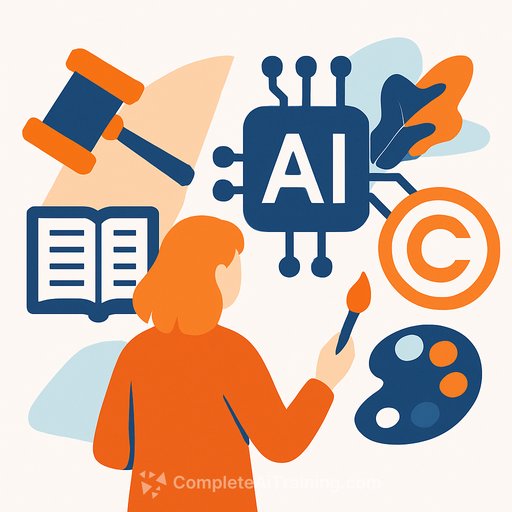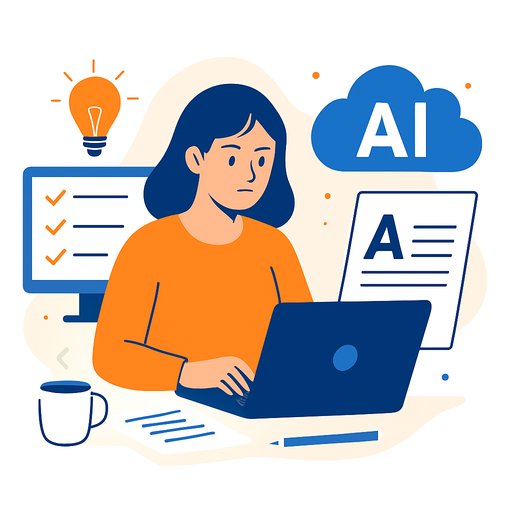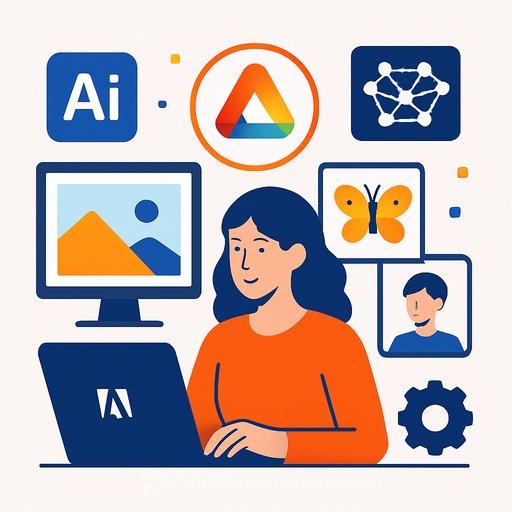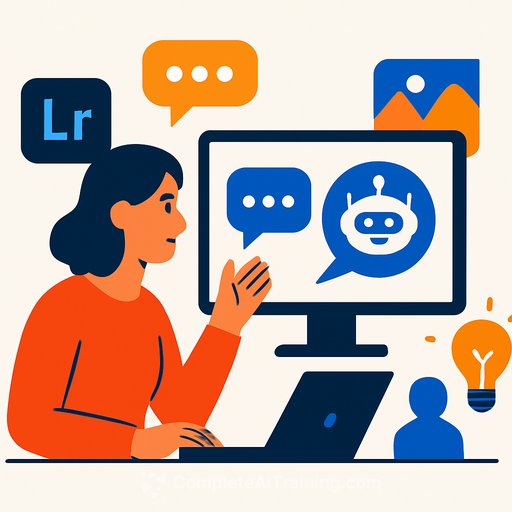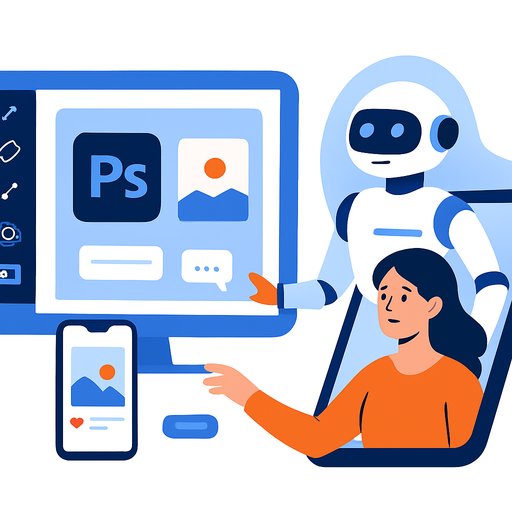EU’s AI Act Falls Short on Copyright Protection for Creators, Industry Groups Warn
The European Artificial Intelligence Act (AI Act) has officially begun to take effect, but many artists and creative organizations say it doesn't go far enough to safeguard their copyrights. As AI technologies increasingly rely on vast amounts of creative content for training, groups like the European Composer and Songwriter Alliance (ECSA) and the European Grouping of Societies of Authors and Composers (GESAC) highlight significant gaps in the law.
These groups argue that the AI Act lacks clear measures to prevent unauthorized use of music, literature, films, and other artworks when training AI models. Crucially, there is no straightforward mechanism for creators to opt out or receive compensation when their work is scraped by AI developers.
“Artists’ work should not be used without transparency, consent, and remuneration,” says Marc du Moulin, ECSA’s secretary general. “But the AI Act’s implementation doesn’t provide these protections.”
Understanding the AI Act’s Scope and Limitations
The AI Act aims to ensure AI operates safely, transparently, and fairly within the EU. AI systems are classified into risk categories ranging from minimal to unacceptable, with certain uses, like manipulative AI or social scoring, being banned outright.
Most generative AI tools fall into the minimal risk category. Under the law, providers must publish summaries of copyrighted materials used for training, but they are generally allowed to mine data unless creators have explicitly reserved rights. This creates uncertainty about how artists can protect their work or prevent its use.
“The conversation is already behind the curve,” du Moulin points out. “Artists don’t know how to opt out, yet their work is already being used.”
There is also a voluntary AI Code of Practice on General-Purpose AI where major companies like Amazon, Google, Microsoft, and OpenAI commit to respecting copyright policies and setting up complaint systems. However, this approach lacks legal enforcement.
Transparency Doesn’t Equal Compensation
While the AI Act requires transparency about which copyrighted works have been used, this doesn’t guarantee creators receive payment, especially for content scraped before the law took effect.
“The Act only applies moving forward—it’s not retroactive,” du Moulin explains. “Everything used so far is essentially free for AI developers.”
Adriana Moscono, GESAC’s general manager, shares that some members have attempted to license their content directly with AI companies but have faced silence or outright refusal. “There’s a denial of the need to respect copyright and secure licenses,” she said. “The European Commission needs to push for licensing.”
EU Commission’s Position and Industry Demands
The European Commission maintains that AI providers must respect existing copyright laws during text and data mining and that disputes can be settled privately. The AI Act itself doesn’t alter copyright rules.
However, artists and their representatives call for clearer regulations that:
- Define how creators can opt out of AI training datasets.
- Mandate AI companies to negotiate collective or blanket licenses with artist groups.
- Ensure transparent and fair compensation for the use of copyrighted works.
Du Moulin and Moscono stress that current guidelines and voluntary codes are insufficient to protect creators' rights and income in the evolving AI landscape.
Legal Battles and Future Developments
Germany’s GEMA has filed lawsuits against AI companies OpenAI and Suno AI over copyright issues related to AI-generated music. The outcomes may set important precedents for how copyright applies to AI training.
The European Court of Justice and the Commission are also reviewing copyright exemptions related to text and data mining, which could influence future legislation.
AI companies must comply with the AI Act by 2026 if new to the EU market, or by 2027 if already established.
For creators looking to stay informed on AI tools and their implications, exploring courses on AI and copyright can be helpful. Resources like Complete AI Training’s latest AI courses offer valuable insights into the evolving landscape.
Your membership also unlocks:

